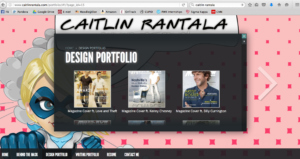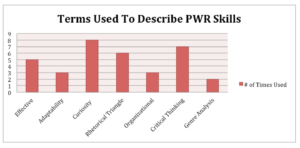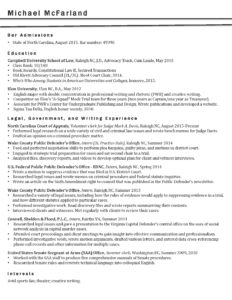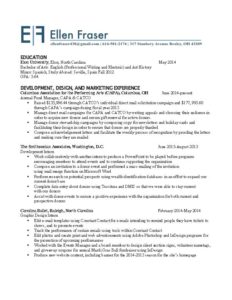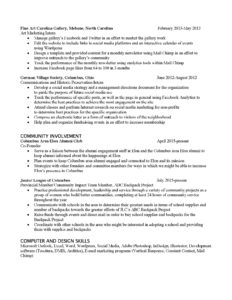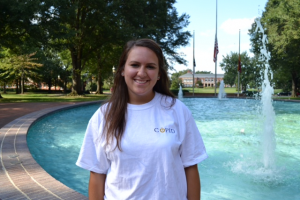by Carey Spence
You’ve heard it before from the professional writing faculty and even in this blog: the Professional Writing and Rhetoric program provides students with skills to help them succeed in any career path. To back up this claim, I recently had the opportunity to interview Garrett Turner. An Elon Top 10 Under 10 2016 alumni award recipient, Garrett has surely taken the skills he learned in the classroom and used them to succeed. After graduating from Elon in 2008, Garrett took on the role of marketing and sales associate at Liberty Port, LLC. Today he serves as the company’s vice president of global strategy.
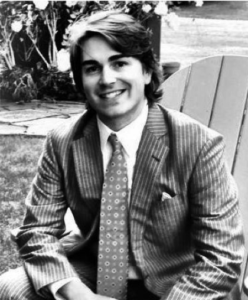 When asked what skills he believes contributed to his success, Garrett’s immediate response was the ability to communicate. Every day he communicates in his position with people in a variety of contexts. Liberty Port is a global company, which lends to its multicultural environment. He communicates with people in a variety of positions—from CEOs to engineers—and from a multitude of cultural backgrounds. Garrett emphasized the importance in being able to persuade, to educate, and to think about the world in different ways.
When asked what skills he believes contributed to his success, Garrett’s immediate response was the ability to communicate. Every day he communicates in his position with people in a variety of contexts. Liberty Port is a global company, which lends to its multicultural environment. He communicates with people in a variety of positions—from CEOs to engineers—and from a multitude of cultural backgrounds. Garrett emphasized the importance in being able to persuade, to educate, and to think about the world in different ways.
Explaining his claim, Garrett offered insight into what he and Liberty Port actually do. The company’s service is building wireless networks in other countries. However, he says that the people making the decision to purchase his company’s services don’t always understand exactly what they are buying. One of the tasks Garrett has taken on is to frame the information in a way that educates the buyers—both visually and orally. He highlighted the importance in his field, especially for engineers, to not only be able to understand a complex concept, but to be able to turn around and explain it to someone else who doesn’t have the same technical background.
Another example that Garrett pointed out has to do with the company’s website. When he first started at Liberty Port, Garrett was in charge of corporate rebranding which included redesigning the website. He went into this task with enthusiasm and made many changes. However, he soon realized that the audience still didn’t fully comprehend what exactly Liberty Port actually provides. Using the feedback he received, he was then able to focus on clearly explaining the company’s services on the website—breaking it down so that the layman could comprehend difficult technical concepts.
To conclude the interview, I asked Garrett to share any advice he has for professional writing students and prospective students. What he left me with is this: it’s important to not paint yourself into a box after graduation. Originally Garrett wanted to go to law school and become a sports agent. But when he received the opportunity to work at Liberty Port and travel to new countries, his post-graduation plans changed. If you have the right foundational skills—skills that he believes the professional writing program helps develop—you can work in almost any environment.
Carey Spence is the 2018-2019 social media intern for Professional Writing & Rhetoric. Carey is double majoring in English Literature and Strategic Communications, with a minor in Professional Writing.



